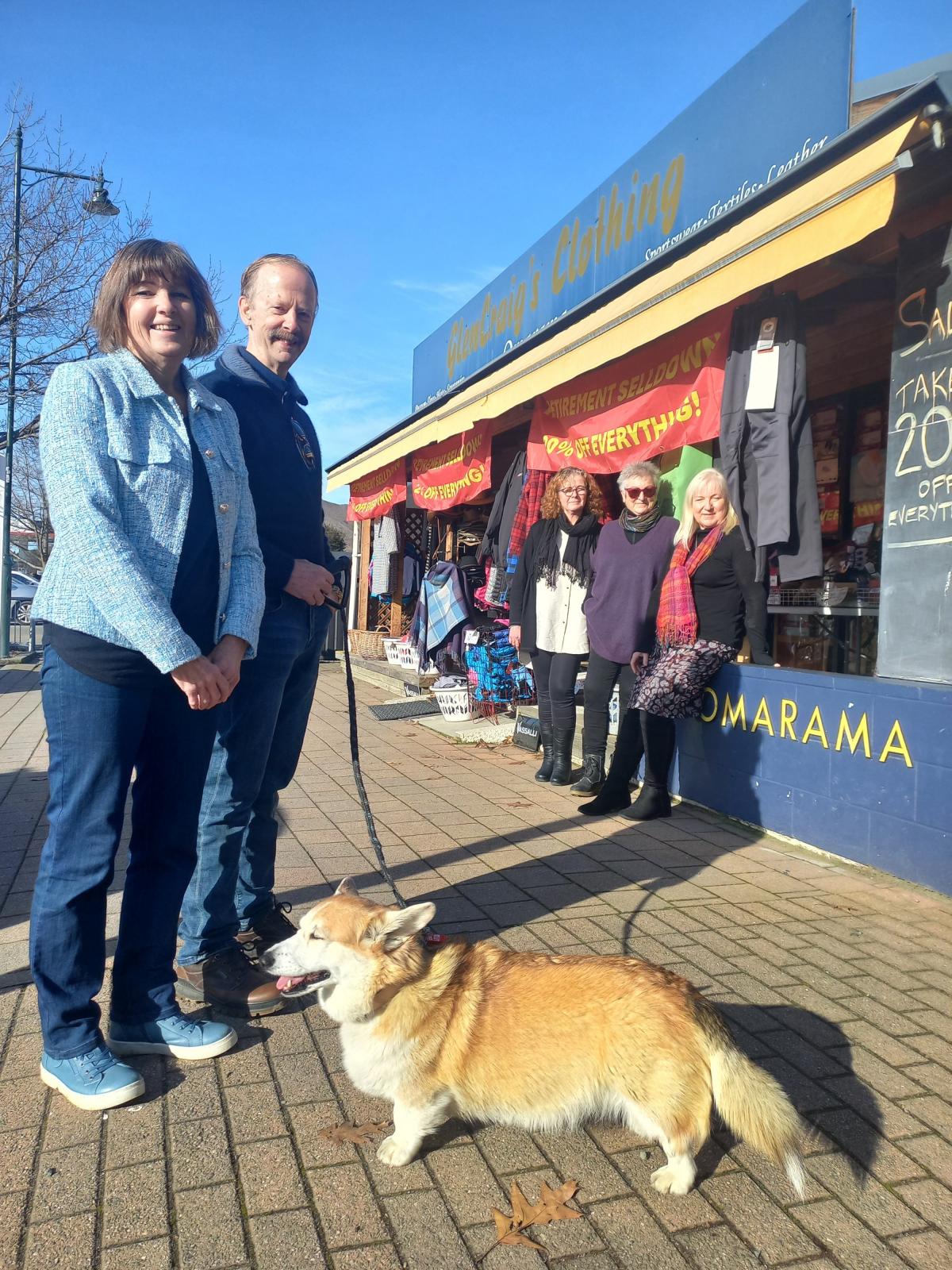“It’s not a difficult sell, to be honest, internationally,” New Zealand Centre of Digital Excellence (Code) chief executive Tim Ponting said.
Code is an economic development initiative by the government to grow the country’s gaming sector, its headquarters based in Dunedin.
As part of its nine-year 2025-34 long-term plan deliberations last month, the Dunedin City Council approved funding for Code of $150,000 per annum for seven years.
The organisation had suggested a funding request of $250,000 per annum — of which $190,000 would be used to fund one prototype and one production grant each year.
When asked at an economic development committee meeting yesterday whether Code was happy with the council’s investment, Mr Ponting said they were “really, really pleased”.
The funding would be used in a “completely additive way” and go towards maintaining the industry’s momentum and competitive advantage which had been built in the city.
Dunedin was not losing studios to other cities, he said.
“No-one is kind of upping sticks, having got their money in Dunedin and heading off to Christchurch or Auckland or Wellington.”
There had been “quite a strong uplift in inquiries from overseas” which included individuals who were interested in founding studios of their own in New Zealand.
They recognised the country’s reputation and the growth of its gaming industry, which was “massively outpacing the rest of the world”, he said.
“And it seems to be Dunedin that is more attractive.
“Interestingly, if you are a developer from North America or Europe, you are not looking for a big city to set up in, because you come from a big city.
“Dunedin is extremely attractive to those founders and we have one set of founders from Sweden who we’re currently wooing to see if they might be prepared to set up here.”
From an international perspective, people were “astonished” by the city’s size and relative affordability of property.
It was also viewed as a safe place and people could see themselves enjoying living in Dunedin, he said.
But the reputation of its cold weather was a barrier to domestic migration, and the lack of public transport from Dunedin Airport into the city “never gives a good impression”.
Christchurch’s gaming industry had grown stronger due to investment from the University of Canterbury and the rallying of the community around developing smaller studios, Mr Pointing said.
The three biggest revenue-earning studios in the country were located in Auckland and Wellington, and it was important for Dunedin to pull up its “revenue socks”.
In 2019, Code was given $10 million to invest in Dunedin from the government’s Kānoa — Regional Economic Development & Investment Unit.
Code’s remit was expanded in 2022 with a five-year $2.25m investment per annum from the Ministry of Business, Innovation and Employment for the allocation of grants to studios outside of Dunedin.
Mr Ponting said Code had planned for all eventualities, including if its government contract was not renewed beyond 2027.
But they had so far received “no indication whatsoever” this would happen, he said.













